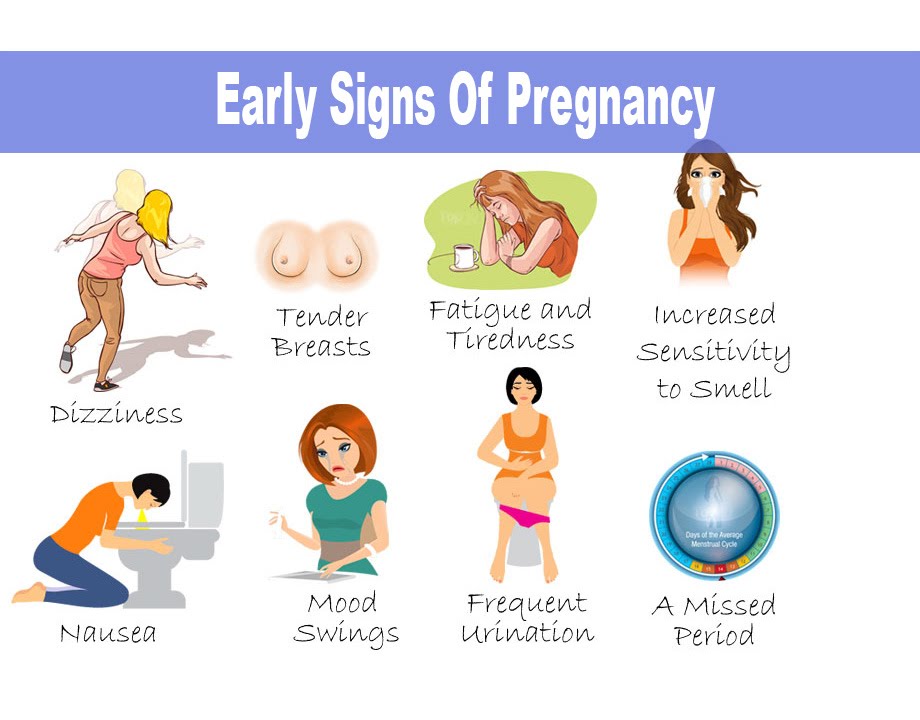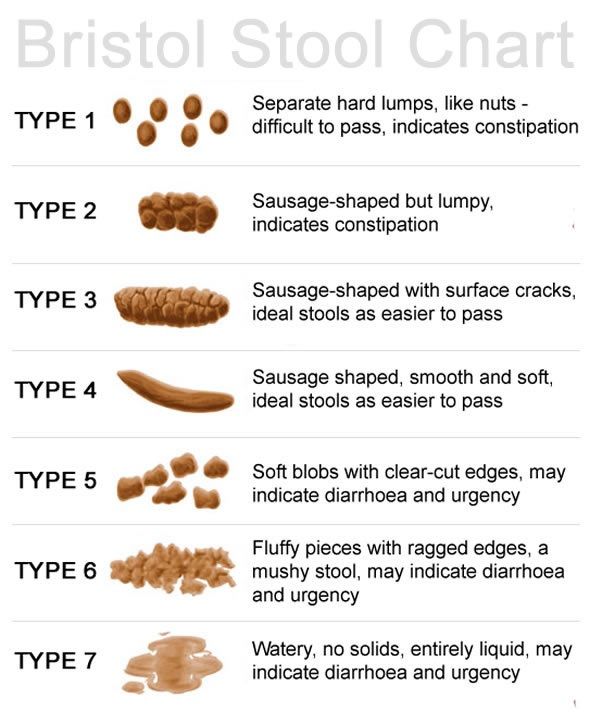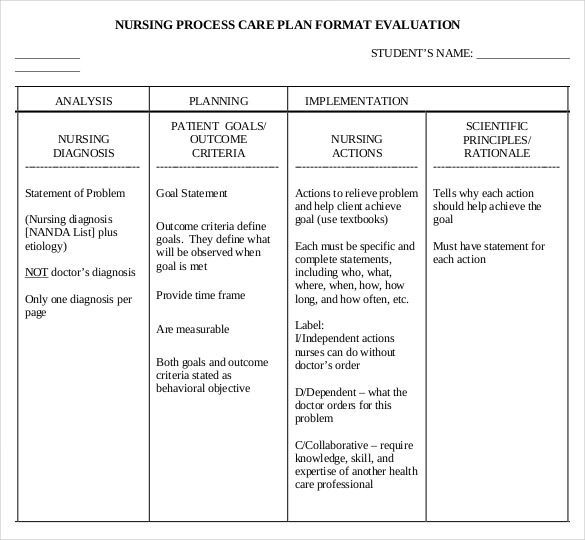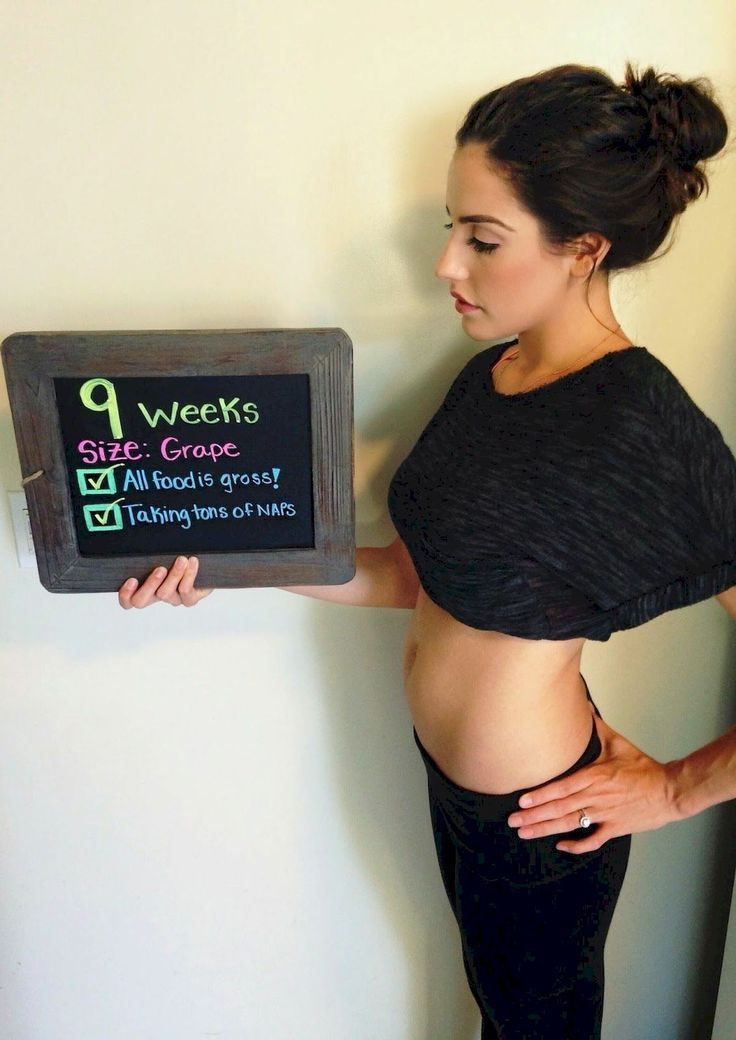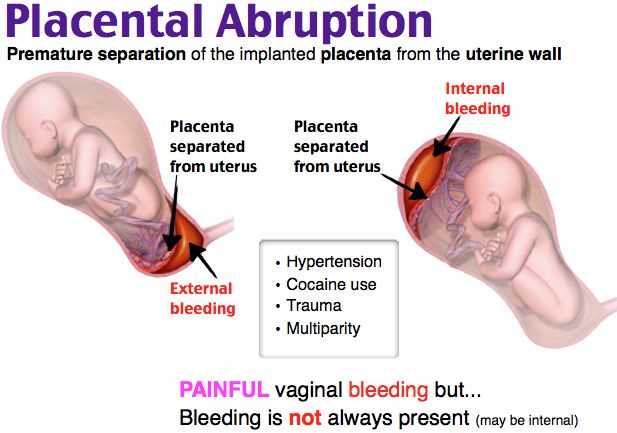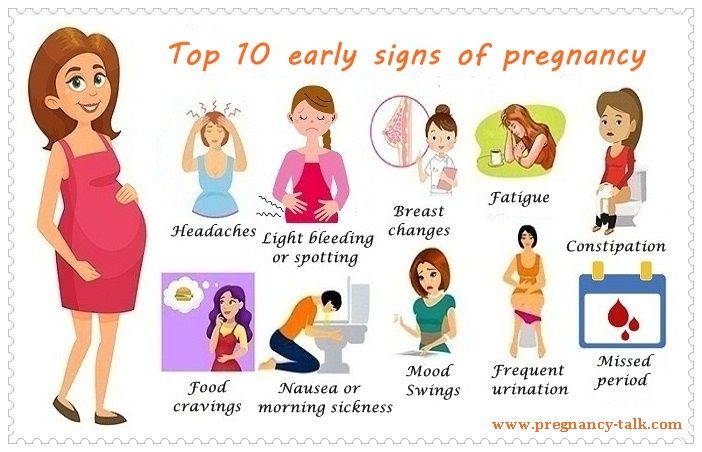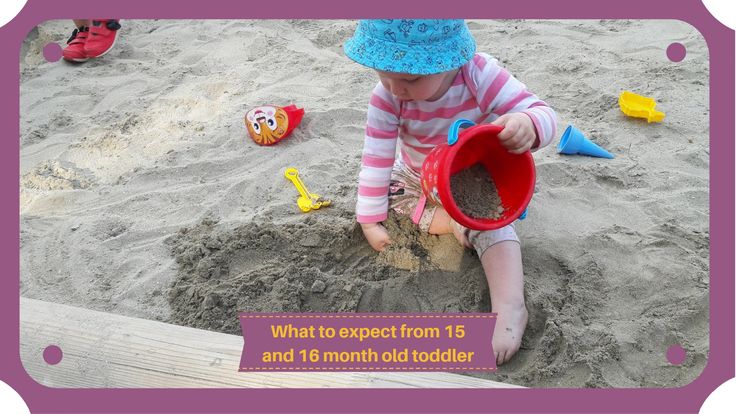How to overcome tiredness during pregnancy
Daily Naps and Other Ways to Cope With Pregnancy Fatigue
Written by Stephanie Watson
In this Article
- Why Am I So Tired?
- How to Beat Pregnancy Fatigue
- When to Call Your Doctor
Baby isn't even here yet, and already you're exhausted. It's hard to drag your big weary body out of bed each morning. By dinnertime, all you want to do is plop back down and climb underneath the covers.
Fatigue was one of the first signs of your pregnancy. And it can keep nagging you throughout most of the 9 months until you deliver.
Why Am I So Tired?
During your first trimester, fatigue is at least partly due to changing levels of pregnancy hormones. You'll perk back up in your second trimester, but that renewed energy likely won't last long.
By the last 3 months of your pregnancy, you may be wiped out again. The extra stress on your body can wear you out. Plus, with your belly weighing you down in bed and your baby pressing on your bladder all night, you may struggle to get a full night's sleep.
Sometimes fatigue during pregnancy can be a sign of a medical problem, such as:
- Anemia
- Infection
- Myalgic Encephalomyelitis/Chronic Fatigue Syndrome)
- Fibromyalgia
- Gestational diabetes
- Underactive thyroid gland (hypothyroidism)
- Depression
If fatigue is just one of several new symptoms you're experiencing, see your doctor. You may feel more energetic once you get treated for any condition that's sapping your energy.
How to Beat Pregnancy Fatigue
During your pregnancy you need to be well rested. In just a few months, you'll be on call 24/7, and a full night's sleep will seem like a luxury.
To get as much sleep as possible right now, follow these restful suggestions:
- Take naps. Most pregnant women can't make it through the night without full bladders or other pregnancy discomforts waking them up. Make up for the sleep you're losing at night by catching a short nap or two during the day.

- Get help. Ask for help at home so you don't get so rundown and you'll have time for a daily nap or two. Get a family member to clean your house, or hire a housekeeper. Let your partner run errands for you.
- Change your sleep posture. Shift from sleeping on your front or back to your left side. You'll feel more comfortable, and you'll take pressure off the blood vessels that nourish your baby. Tuck a pillow in between your legs or underneath you to support your sore back.
- Exercise. Even though you might not feel up to it, exercising can actually help beat fatigue. Getting in a daily walk or swim can also help you sleep more soundly.
- Relax. Practice deep breathing, take a warm bath, or ask your partner to give you a massage to help you wind down before bed.
- Stay hydrated. Drink plenty of fluids during the day. Dehydration can sap energy.
- Eat regular meals and snacks to keep your blood sugar stable. Avoid food or drinks that are high in sugar.
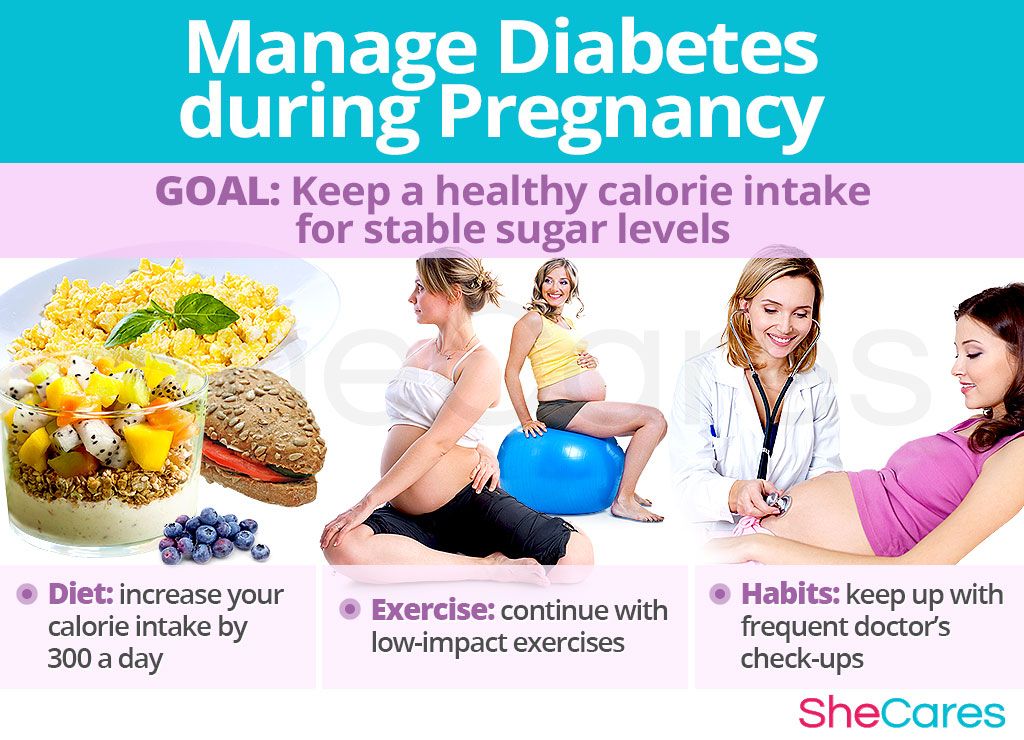
Don't stop your pregnancy sleep routine once your baby is born. Use these same tips to help you through the first few months of motherhood. Continue to get the help -- and the rest -- you need, so you can keep up with your growing baby.
When to Call Your Doctor
Get medical help if:
- Fatigue occurs suddenly.
- Fatigue doesn't ease with rest.
- Fatigue doesn't ease during the second trimester.
10 Ways to Reduce Fatigue During Pregnancy.
Nikki is feeling a teeny bit worn out in her 'Smoothie Crop' in confetti/black. Fair enough too, this photo was taken during her fifth pregnancy with four others running around!I distinctly remember when I was pregnant with my first child, and not even four weeks along...and I just had to eat and sleep...ALL. THE. TIME. My fiancé Matt (now husband!) and I went on a massive road trip just after we found out I was pregnant to get to our own wedding, and Matt had been doing most of the driving and was tired, so I said I’d take the reins for a time.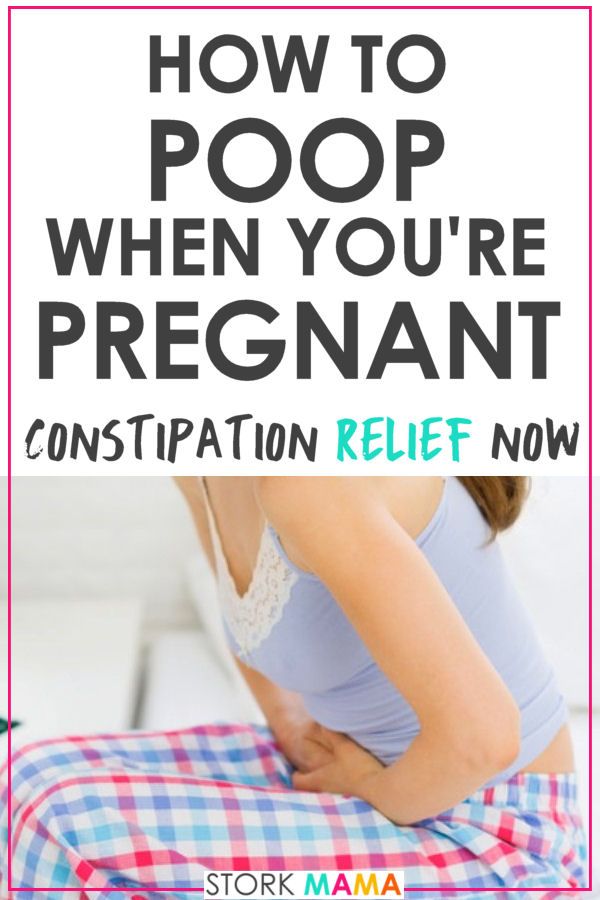 After only about five minutes I had to pull over and get him back in the driver’s seat, I was falling asleep at the wheel! Never had I known such fatigue! Now that I’m pregnant with my third child, the fatigue hasn’t been as severe, and I don’t know if it’s because I am already a mother of two and I’m just used to functioning on less sleep, or if it’s because I’m a little wiser to what my body needs to grow a human! I'm trying to eat well, I'm exercising, I'm letting a few things go, I nap on days when I can, and I'm always in bed, usually asleep by 8:30pm, if not earlier! Last Saturday night I was asleep by 7pm...so good.
After only about five minutes I had to pull over and get him back in the driver’s seat, I was falling asleep at the wheel! Never had I known such fatigue! Now that I’m pregnant with my third child, the fatigue hasn’t been as severe, and I don’t know if it’s because I am already a mother of two and I’m just used to functioning on less sleep, or if it’s because I’m a little wiser to what my body needs to grow a human! I'm trying to eat well, I'm exercising, I'm letting a few things go, I nap on days when I can, and I'm always in bed, usually asleep by 8:30pm, if not earlier! Last Saturday night I was asleep by 7pm...so good.
It’s always fun writing these blogs, but especially fun (and informative!) when I get to research a topic that actually pertains to me...right this instant. Very handy. To figure out the best ways to reduce fatigue during pregnancy I’ve collated a bunch of tips from a variety of experts, so you know you’re getting the good oil!
Contributing to this piece we have Midwife Emily Woods, Lorraine Scapens creator of 'The Fit Mum Programs,’ and a personal trainer who has worked with thousands of pregnant women for over 25 years, highly sought after Registered Qualified Nutritionist and owner of 'Feel Fresh Nutrition' Abbie O'Rourke, and last but not least, Clinical Psychologist and owner of ‘EmpowerMums’ - Dr. Missy Wolfman. With their powers combined, I think we’ve come up with a stellar list to help any of you out there struggling to stay awake during this precious time. We hope some of these tips work for you!
Missy Wolfman. With their powers combined, I think we’ve come up with a stellar list to help any of you out there struggling to stay awake during this precious time. We hope some of these tips work for you!
1. Prioritise sleep. Taking naps if possible during the day (maximum 20 minutes) can really help with reducing tiredness especially in the afternoon, but make sure you’re making the most of early nights and sleeping in as often as you can!
2. Exercise. It doesn’t have to be overly tiresome - in fact you should be dialling things down a bit. Pregnancy is not the time to be hitting massive fitness goals, but you should be doing some form of movement, around 30 minutes a day to keep active. However, for every minute you do exercise, you should also allow yourself the same amount of time to rest, that could be in the form of a nap, or just reading a book or watching telly. Make sure your feet are up so you really are getting the most out of your break!
Olympian and (now) mother of three Alysia Montaño gets ready to ward off her pregnancy fatigue with a quick (probably very quick!) jog around the track.
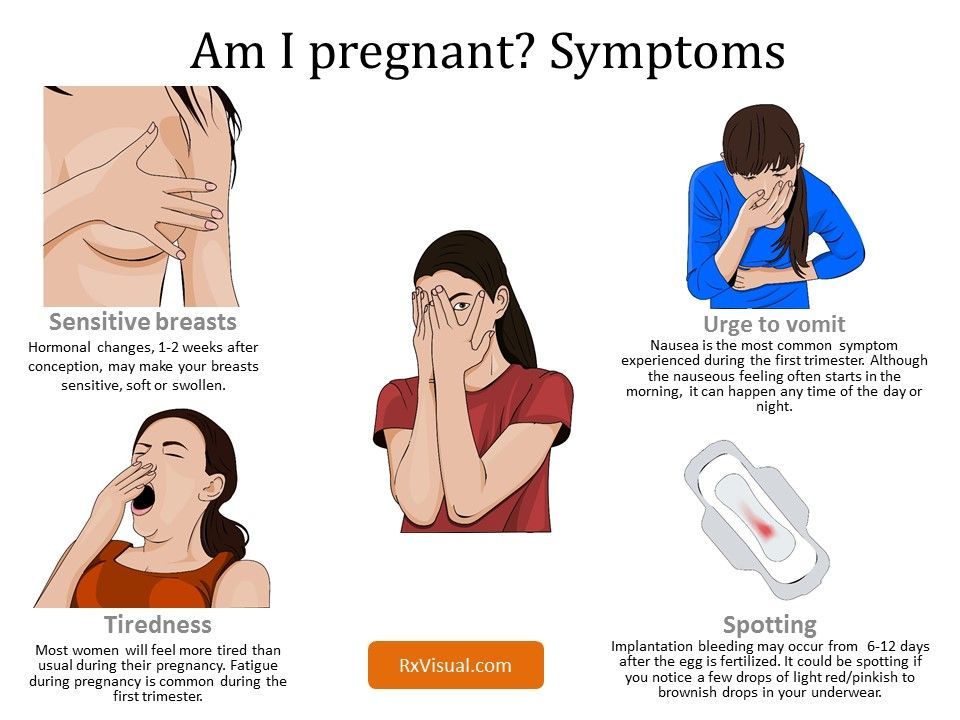 Alysia is wearing her 'Evolve Bra,' a 'Casual Tank,' and a pair of 'Maternity Bike Shorts.'
Alysia is wearing her 'Evolve Bra,' a 'Casual Tank,' and a pair of 'Maternity Bike Shorts.' 3. Be mindful of ‘should’ statements we have around obligations, commitments and plans. Often we twist ourselves into knots trying to please everybody but our energy everyday is limited! You are growing a whole human so be kind and compassionate to yourself. There are phases in pregnancy that energy picks up (e.g. the second trimester) and there are phases when fatigue is very real (e.g. first and late part of the third trimester) so it’s important to listen to your body.
4. Eliminate, Simplify, Automate and Delegate (ESAD) is the four step process to protecting your energy levels and well-being. Ask yourself whether there are tasks or activities that you can eliminate - if so, eliminate them! If not, is there a way to simplify things? For example, creating a simple and nutritious meal plan so you save your energy for eating and nourishing your body rather than slaving away in the kitchen.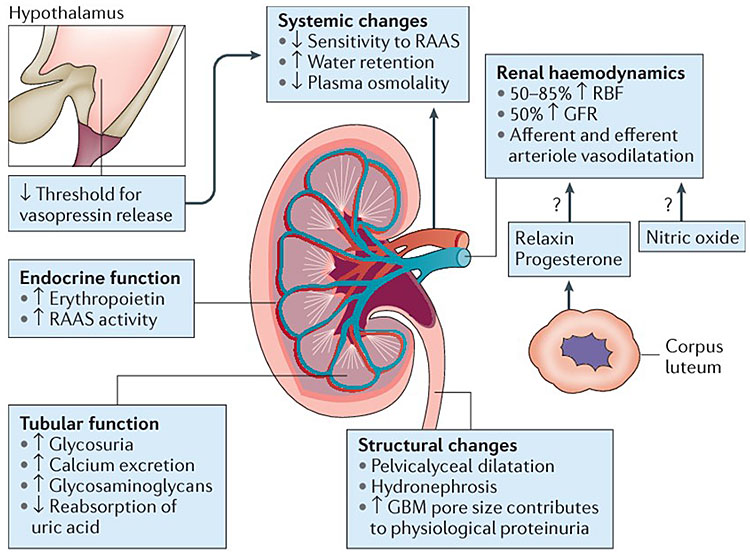 If you can't simplify, perhaps you can subscribe to meal kits or a meal delivery service? Make other small changes like automating your bill paying process so you don’t have to think about bills! Or lastly, delegate! Is there anything you can palm off to other people or companies? Can you hire a cleaner or ask for help from your partner or family for certain tasks?
If you can't simplify, perhaps you can subscribe to meal kits or a meal delivery service? Make other small changes like automating your bill paying process so you don’t have to think about bills! Or lastly, delegate! Is there anything you can palm off to other people or companies? Can you hire a cleaner or ask for help from your partner or family for certain tasks?
5. Drink water and lots of it! The recommended amount is eight to 12 cups a day (64 to 96 ounces). Get slurping, there are a plethora of health benefits to drinking water, but of course it will keep you hydrated and therefore offer you up more energy.
6. Eating every two or three hours is a good idea as well, beginning with a balanced breakfast. Stores are depleted quickly when pregnant as your body is not only feeding the baby, but using a whole lot of energy to grow it! It’s a good idea to crank up your snacks if you don’t usually eat them, to ensure you're eating regularly. Try to include at least one whole grain and a fruit or vegetable with each snack.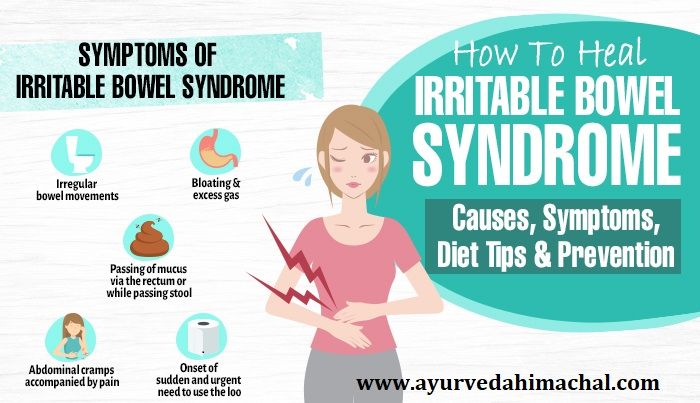
7. In regards to foods you should be eating a lot of to fight fatigue, choose nutrient and protein-rich foods such as milk, yoghurt, beans, meat (red and white) and nut butter (i.e. peanut, almond, cashew). Try to avoid sugary foods and drinks. A chocolate bar or ice-cream might be a temporary sugar fix, but these types of foods won't fill you up for long, and will leave you feeling even more tired. If you're thinking of having an energy drink - check the ingredients as it might not be safe for your baby. As a general rule, energy drinks should be avoided during pregnancy.
Some nutritious, delicious, easy and quick snack ideas for pregnancy include:
- A handful of nuts and seeds.
- Fruit or vegetables.
- Peanut butter with celery, or carrot sticks.
- Hard-boiled eggs.
- Greek yoghurt with nuts.
- Roasted chickpeas.
8. It’s a good idea to get your iron checked, as many women develop anemia during pregnancy which will make you even more fatigued! Iron tablets help you keep sufficient levels for you and your baby.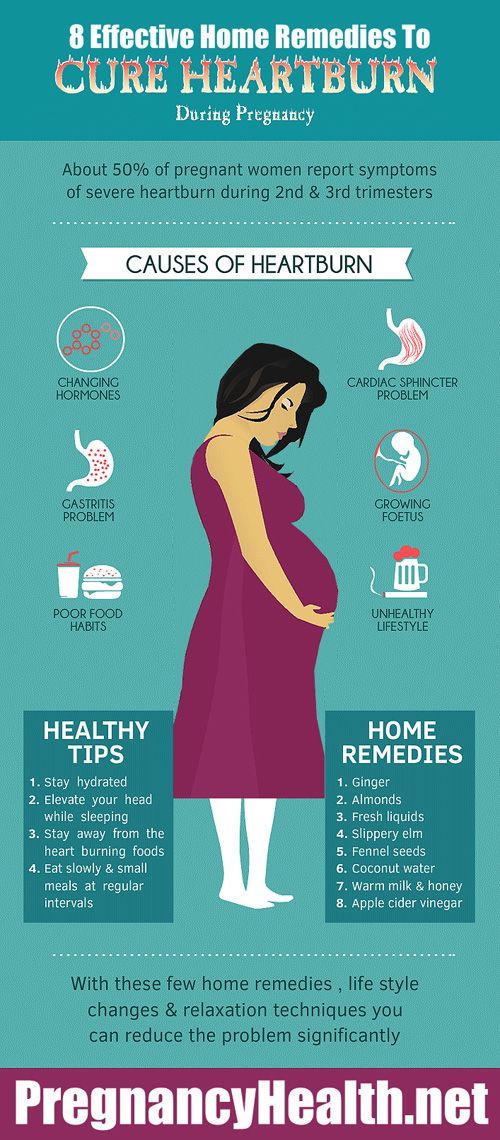 Avoid taking calcium supplements or calcium rich foods/drinks around the same time of day as you take the iron tablet, as calcium inhibits absorption. Vitamin C on the other hand helps absorption...so give those a go with the iron tablets. If you feel you're eating well but still feeling fatigued, chat to your doctor or a respected dietitian/nutritionist about prenatal supplements that could help you.
Avoid taking calcium supplements or calcium rich foods/drinks around the same time of day as you take the iron tablet, as calcium inhibits absorption. Vitamin C on the other hand helps absorption...so give those a go with the iron tablets. If you feel you're eating well but still feeling fatigued, chat to your doctor or a respected dietitian/nutritionist about prenatal supplements that could help you.
9. Limit your caffeine intake. While guidelines vary, most professionals recommend consuming no more than 300 mg of caffeine (or about two 230 ml/8 ounce cups of coffee) a day while pregnant. Remember to count the caffeine in other beverages, such as tea or soda/fizzy drinks. Decaf coffee and decaf tea are great alternatives if you just crave the taste and these drinks are embedded in your daily routine.
10. Prioritise self-care and listen to your body. Our body can tell us so much of what we need during pregnancy. Cravings can be a helpful indicator that our body needs certain nutrients.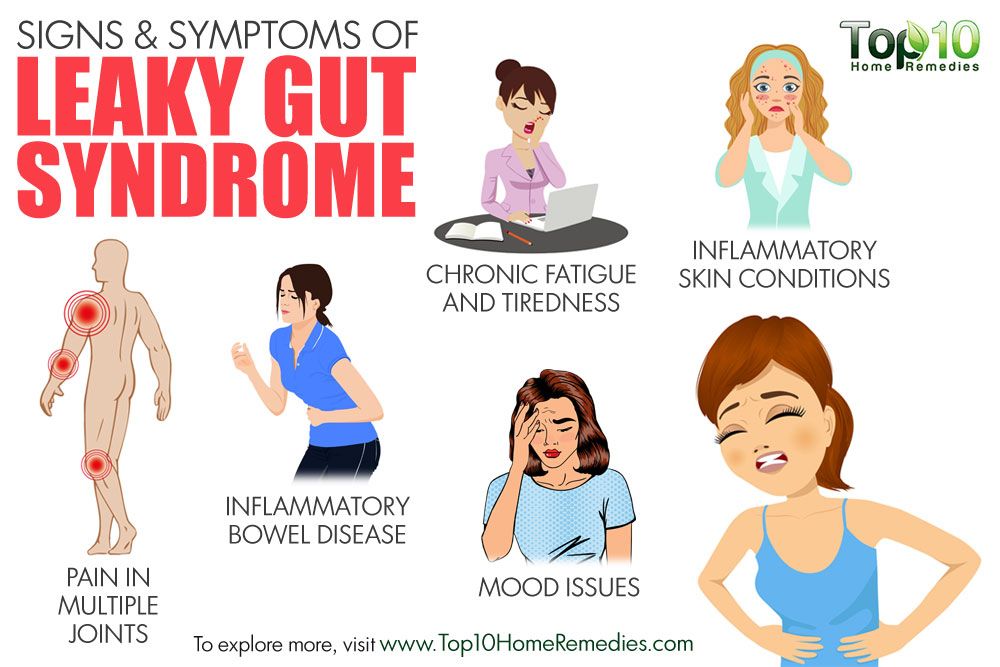 For example if you’re craving red meat and dairy, your body is telling you you need more protein, iron and calcium. Look up what you're craving so you can get more of an idea of what your body is asking for...and get the healthiest form of it, i.e. if you're craving orange juice, perhaps try having an actual orange instead - cut back on the sugar! Be kind to yourself and give yourself a few treats (go get your nails done, get a massage, read a whole book in a day!) your body is doing such a huge and important job, one that is a 'super extra' to all of the normal jobs it has to do.
For example if you’re craving red meat and dairy, your body is telling you you need more protein, iron and calcium. Look up what you're craving so you can get more of an idea of what your body is asking for...and get the healthiest form of it, i.e. if you're craving orange juice, perhaps try having an actual orange instead - cut back on the sugar! Be kind to yourself and give yourself a few treats (go get your nails done, get a massage, read a whole book in a day!) your body is doing such a huge and important job, one that is a 'super extra' to all of the normal jobs it has to do.
And there you have it! Follow all of these 10 points and you'll be well on your way to feeling less tired and more energised! Keep in mind though, that some days you will just be exhausted no matter what you do. Who knows, maybe you grew a whole kidney that day? (Jokes, but you know what I mean!) So just chill on those days as much as you can. Need more sleep? Sleep. Need to eat a massive steak? Eat it. Need to lay in bed and binge on Netflix? Do it. Just take care of you - your body is doing things your conscious has no idea about...so listen to it, it knows what it needs.
Need to lay in bed and binge on Netflix? Do it. Just take care of you - your body is doing things your conscious has no idea about...so listen to it, it knows what it needs.
Rest up mama, and remember, tired or not, you've totally got this!
Written by Ellen Chisholm in conjunction with leading professionals - Emily Woods, Lorraine Scapens, Abbie O'Rourke and Dr. Missy Wolfman.
If you enjoyed this article and would like to be notified of all things pregnancy and motherhood, sign up to our email newsletter. Not only will you receive our FREE Hospital Bag Checklist, you'll also be the first to know about our future articles, promotions and more.
Fatigue during pregnancy
During pregnancy, a woman gets tired faster than usual, sometimes without even doing anything special. This is normal, because hormonal and psychological changes take place, and the body prepares for childbirth. Such changes can be stressful for a woman, which adds to the feeling of fatigue.
Such changes can be stressful for a woman, which adds to the feeling of fatigue.
A pregnant woman develops insomnia, heartburn, heaviness in the back, spasms and cramps in the legs, and excessive fatigue may indicate anemia, especially if symptoms such as pale skin, shortness of breath, dizziness and palpitations are present. Iron deficiency in pregnant women occurs very often, as the need for iron increases due to the needs of the baby, and the hemoglobin produced by iron delivers oxygen not only to the tissues of the mother, but also to the child. nine0003
1. Proper nutrition
Nutrition of a pregnant woman should be BALANCED. Be sure to have a large amount of vitamins and minerals, especially iron and protein. A large amount of iron is found in the following foods: red meat, seafood, poultry, legumes. When consuming iron-rich foods, try to drink freshly squeezed citrus juices, which will help your body absorb minerals better. Do not forget about special multivitamin complexes for pregnant women. nine0003
nine0003
2. Drink more fluids
Lack of fluid in the body leads to rapid fatigue, but do not overdo it in the third trimester, when there is a tendency to edema, especially before bedtime.
3. Exercise
If there are no contraindications and your doctor has no objection, then try to exercise regularly. It will help to relax not only your body, but also charge you with positive. It is not necessary that this be a daily set of exercises, hiking in the fresh air is enough. nine0003
4. Help from loved ones
Do not refuse help, the care of your loved ones will be very necessary for you during this period. Not only do not refuse, but also ask for help yourself when you need it.
5. Recreation
Relax more, try to spend a lot of time doing activities that give you pleasure and satisfaction and avoid stressful situations. Use special breathing techniques to relax. Rest more time, use every opportunity that falls to lie down to rest. If you are busy with work, be sure to take breaks, restore strength. nine0003
Use special breathing techniques to relax. Rest more time, use every opportunity that falls to lie down to rest. If you are busy with work, be sure to take breaks, restore strength. nine0003
6. Third trimester
As for the third trimester of pregnancy, here, among other difficulties, there may be HEAVY AND FEELING OF TENSION IN THE lumbar. The baby has already grown up and gained weight, so long walks are becoming harder and harder. In such cases, prenatal bandages can be used to relieve heaviness in the back.
But the SPECIAL BANDAGE may not suit all women. Many cannot choose the right and suitable option for themselves, because it can put pressure and create discomfort. 9 will help you in this situation.0007 sling scarf . You can tie up your stomach with them, and it will not squeeze the child, creating inconvenience, but will provide support for both the tummy and lower back.
Many expectant mothers who have tried SLING AS A BANDAGE noted that it is really more comfortable and pleasant than a special bandage. After childbirth, the sling will come in handy not only for carrying the baby, but also for tying up the pelvis and abdomen, which will help the uterus contract faster. Often, the bandage simply tamps down the lowered organs and flattens the stomach, while tying it with a sling will just lift and “put in place” the organs and fix the stomach. nine0003
After childbirth, the sling will come in handy not only for carrying the baby, but also for tying up the pelvis and abdomen, which will help the uterus contract faster. Often, the bandage simply tamps down the lowered organs and flattens the stomach, while tying it with a sling will just lift and “put in place” the organs and fix the stomach. nine0003
For information: in Mexico, for example, SLING, or rebozo, IS AN ESSENTIAL TOOL FOR MIDWIVES. Rebozo is used there not only for carrying children or as a part of the national costume, but also as an assistant to a pregnant woman. So, for example, in addition to supporting the abdomen and lower back, a midwife can use it to make a special relaxing massage for a woman in labor and even change the position of the child in the womb with special techniques and exercises.
In postpartum practice, rebozo is used as a tool with which a woman returns the energy and body tone spent during childbirth. In this practice, the technique of sequential bandaging of seven zones is used: forehead, shoulders, area under the chest, abdomen, mid-thigh, mid-calf, feet.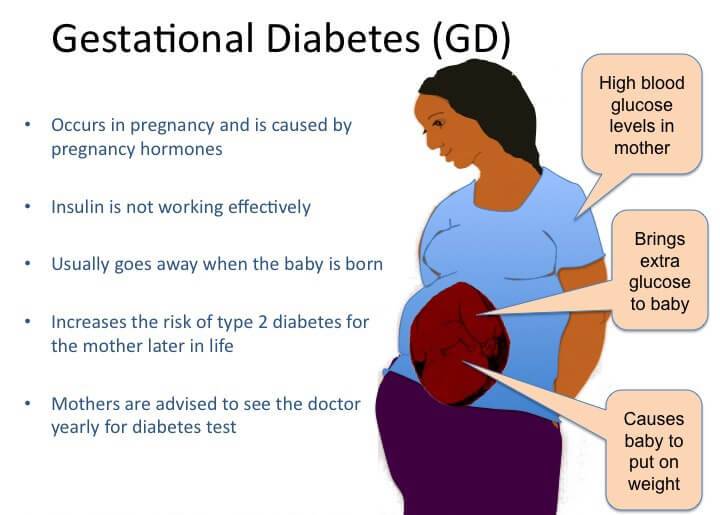 nine0003
nine0003
We hope our tips help a little. Happy pregnancy and easy delivery!
Sleepiness and fatigue during pregnancy - causes and how to cope with them
“Pregnancy is not a disease,” a future mother can hear when she complains of fatigue or that she cannot quickly cope with her usual activities, focus. And it is true. Pregnancy is not a disease, but a huge complex of physiological processes that take place in the female body and give life to a new person. It is not surprising that the creation of a new life takes a lot of strength and energy from a woman. nine0003
Fatigue during pregnancy is a normal reaction of the body to bearing a child, as well as drowsiness, inability to concentrate and mood swings.
Where does the strength of a pregnant woman go and what causes fatigue during pregnancy at different stages?
Sleepiness and fatigue in early pregnancy
Tiredness in early pregnancy is easy to explain.
First, the fetus actively grows and develops, its internal organs are formed.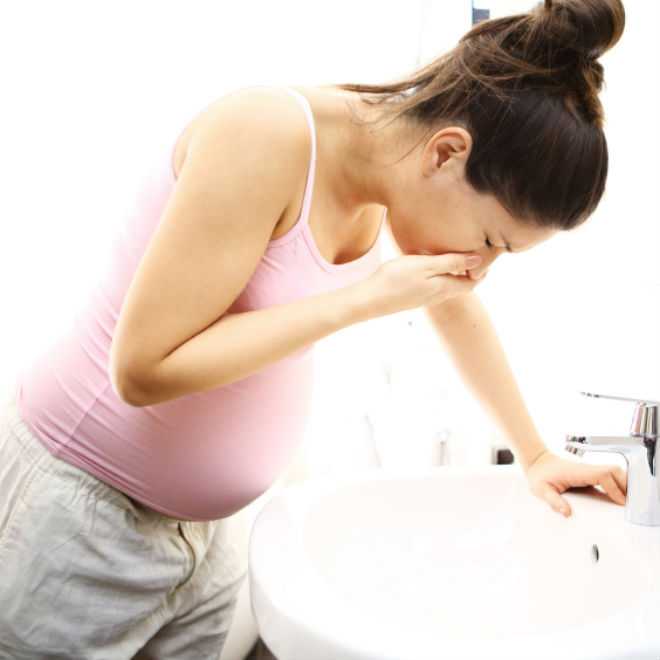 The processes of synthesis of proteins and other molecules, acting as a "building material" for new cells, proceed rapidly. This wastes energy. nine0003
The processes of synthesis of proteins and other molecules, acting as a "building material" for new cells, proceed rapidly. This wastes energy. nine0003
Secondly, a powerful hormonal restructuring takes place in the body of a pregnant woman, an additional circle of blood circulation is formed. The circulatory system is rebuilt, the load on the heart increases. The hormone progesterone, produced in the first weeks of pregnancy, affects vascular tone, lowering blood pressure. If you have experienced low blood pressure personally, then you know this condition. Similarly, a pregnant woman experiences drowsiness, it is difficult for her to concentrate.
Thirdly, all the resources of the body are directed first to the formation and development of the fetus, and then to the normal needs of the female body. This applies to both energy and nutrients. A woman simply does not have enough “fuel” to provide not only for her unborn child, but also for herself. This is especially acute for women who do not take vitamins during pregnancy.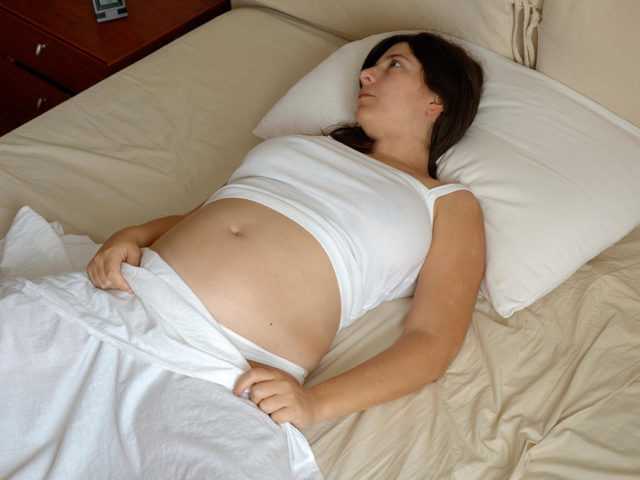 The fact is that many vitamins and minerals, on the one hand, are needed for energy production (especially for B vitamins), on the other hand, these same micronutrients are needed for the proper development of the fetus. For example, from vitamin B9depends on the closure of the neural tube - the basis of the spinal cord and brain.
The fact is that many vitamins and minerals, on the one hand, are needed for energy production (especially for B vitamins), on the other hand, these same micronutrients are needed for the proper development of the fetus. For example, from vitamin B9depends on the closure of the neural tube - the basis of the spinal cord and brain.
And, finally, toxicosis also contributes to fatigue in the first trimester. This condition can be accompanied not only by nausea and vomiting, but also by drowsiness, fatigue, and rapid mood swings. Toxicosis, if it passes without health complications, is considered a normal, although not very pleasant, element of pregnancy. In this case, one of the likely causes of toxicosis is a lack of vitamin B6. nine0003
By the second trimester, the hormonal background stabilizes, but other reasons lead to weakness and drowsiness during pregnancy.
Late term drowsiness
The fact is that in the third trimester the baby's weight becomes quite significant and grows rapidly. The weight of the placenta and the fluid that fills it should be added to the weight of the fetus. That is why the load on the body of a pregnant woman (especially the legs and back) becomes palpable. Even after walking a short distance, a woman may feel tired, as if she was carrying heavy loads. And yet it is so! nine0003
The weight of the placenta and the fluid that fills it should be added to the weight of the fetus. That is why the load on the body of a pregnant woman (especially the legs and back) becomes palpable. Even after walking a short distance, a woman may feel tired, as if she was carrying heavy loads. And yet it is so! nine0003
Another cause of late-term sleepiness is rather commonplace. With a large belly, it is more difficult to fall asleep and get enough sleep. It is difficult for a woman to turn around or take her usual position, the child may begin to push in her sleep. After all, if in ordinary life we don’t get enough sleep for a night or two, then we can sleep off on the weekends, and there are no days off from pregnancy.
But drowsiness during late pregnancy can be a symptom of a dangerous disease - anemia, lack of iron in the body. It is especially bad because it develops gradually, and it can easily be mistaken for ordinary overwork. Pallor, fatigue, rapid pulse, heart pain, dizziness and fainting during pregnancy are all signs of anemia and a reason to see a doctor as soon as possible. It is impossible to delay a visit to a specialist: anemia can have the most serious consequences, up to the loss of a child. Iron supplements usually help prevent anemia. It is better to choose iron in liposomal form, which is well absorbed. nine0003
It is impossible to delay a visit to a specialist: anemia can have the most serious consequences, up to the loss of a child. Iron supplements usually help prevent anemia. It is better to choose iron in liposomal form, which is well absorbed. nine0003
How to deal with drowsiness and fatigue during pregnancy
Despite the fact that most women spend the beginning of pregnancy at work in the same mode as usual, experts strongly recommend that they slow down their rhythm of life a little and take more rest.
Great changes are taking place in the body of a pregnant woman, and it would be wrong to load oneself with work in the same way as always. And if a woman says that her pregnancy was much easier and she didn’t need rest, you can only be happy for her, but you should listen only to your feelings. nine0003
How to deal with drowsiness during pregnancy, or at least reduce the level of fatigue as much as possible?
- You should definitely get more sleep. Lack of sleep makes a person shaky, nervous.
 Which, in turn, greatly affects the level of stress. Stress interferes with normal sleep - and the circle closes. You can buy special pillows under the stomach, which help to take a comfortable position in a dream.
Which, in turn, greatly affects the level of stress. Stress interferes with normal sleep - and the circle closes. You can buy special pillows under the stomach, which help to take a comfortable position in a dream. - Eat properly and fully! This will help to provide both organisms - both the mother and the unborn child - with everything necessary, as well as avoid health problems, prevent weight gain that affects the feeling of fatigue, especially by the last trimester. Be sure to include vitamin and mineral complexes for pregnant women in the diet, for example, Pregnoton Mom - with B vitamins, liposomal iron and other micronutrients that are important for the health of mother and baby. nine0106
- Walking in the fresh air (especially in the morning, when there is less gas pollution) will help to tone the muscles, enrich the blood with oxygen.
- Take CoQ10. It is involved in energy production at the cellular level. That is, it does not work as an energy tonic, but helps the body naturally efficiently extract energy from food.
 In addition, studies show that CoQ10 reduces the risk of preeclampsia and other pregnancy complications. nine0105 Vitamins C and E will also help you stay energetic and active. Vitamin C is also involved in the synthesis of energy, and vitamin E is necessary for cellular respiration, without which muscle weakness develops in the body.
In addition, studies show that CoQ10 reduces the risk of preeclampsia and other pregnancy complications. nine0105 Vitamins C and E will also help you stay energetic and active. Vitamin C is also involved in the synthesis of energy, and vitamin E is necessary for cellular respiration, without which muscle weakness develops in the body. - Coenzyme Q10, vitamins C and E are contained in the antioxidant complex Sinergin, which will give a pregnant woman additional energy. Of course, Sinergin is allowed to be taken throughout pregnancy.
When does sleepiness go away during pregnancy? nine0075
When will fatigue and drowsiness during pregnancy go away? It is impossible to predict this, because each woman's pregnancy is individual. Some will feel much better already in the second trimester of pregnancy, while others will need additional support of vitamins and antioxidants throughout the pregnancy.
It is important not to forget: fatigue, drowsiness, absent-mindedness and the inability to concentrate are manifestations of pregnancy, which are largely explained by physiology, and not by character traits.